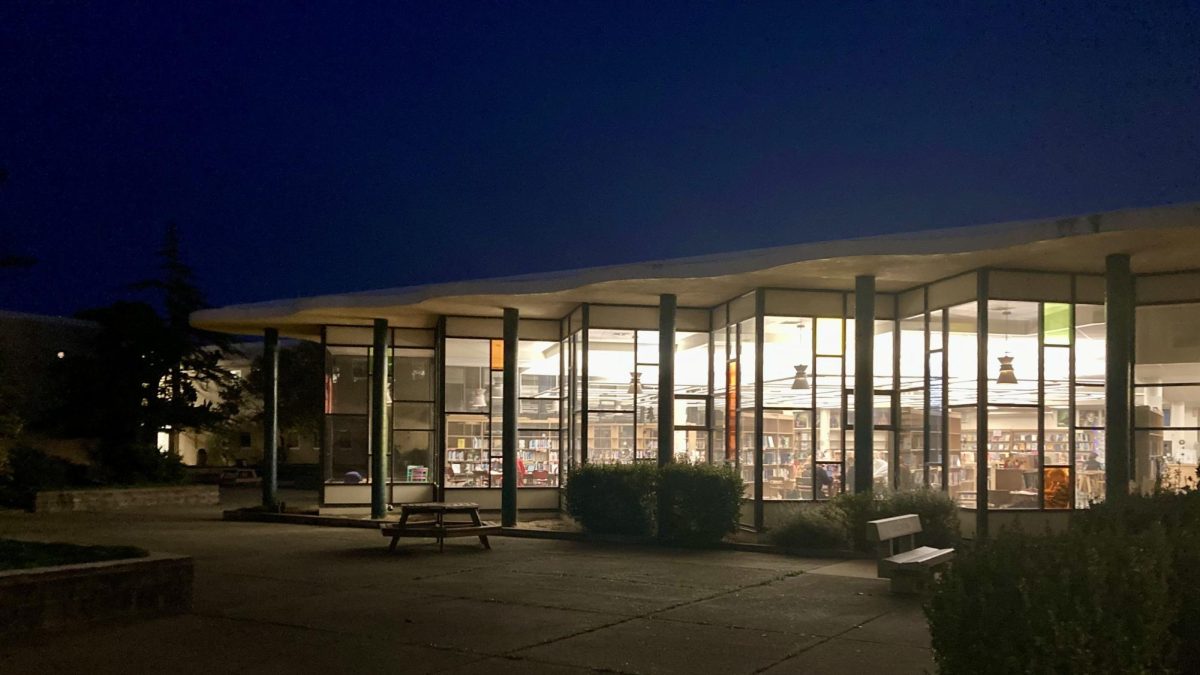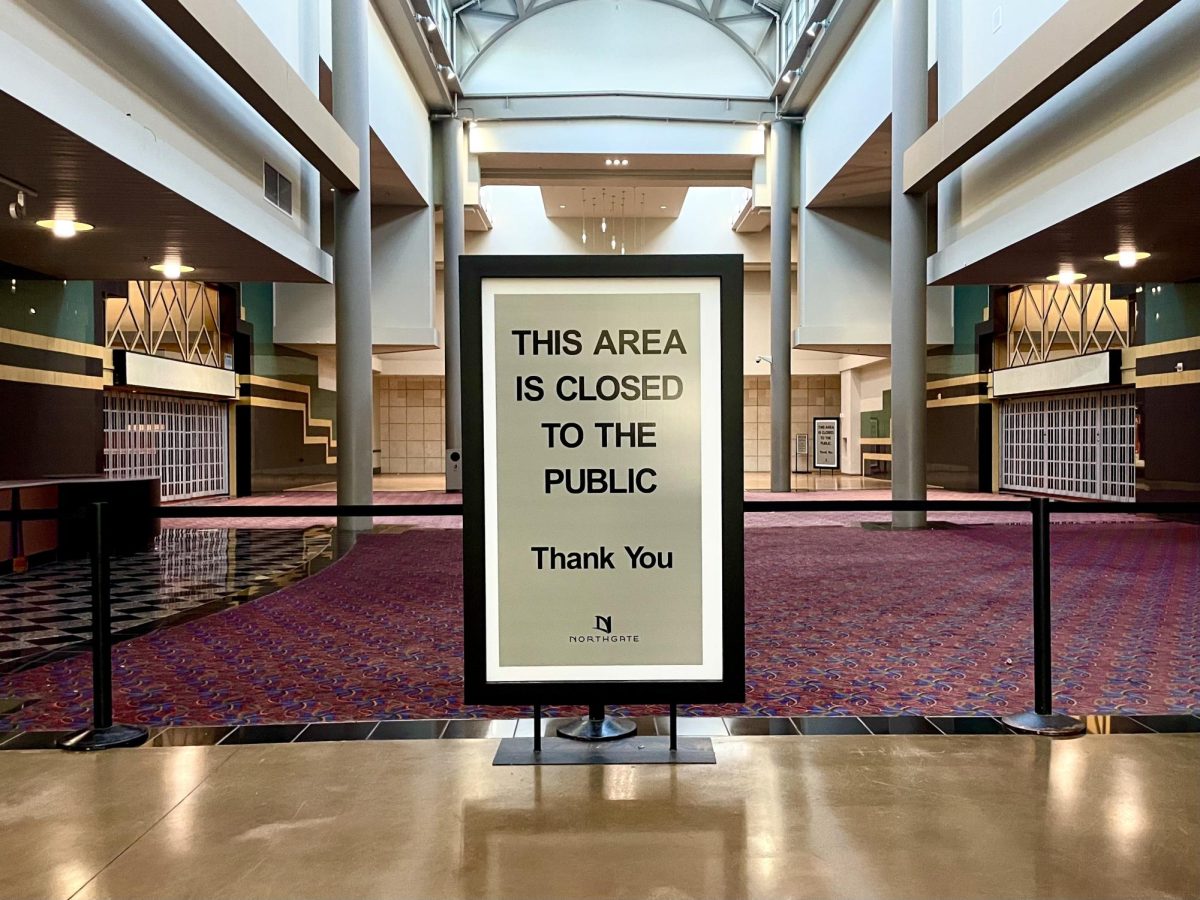Tucked away behind trees, the Edgewater Lagoon is a small pond bordered by the Best Western Inn, Best Lil’ Porkhouse, and the Redwood Highway. As the Best Western Inn looks to rebuild, this pond has become a source of controversy in the birding and environmental community.
According to an Environmental Impact Report released by the Reneson Hotel Group, the renovation would include filling in the pond to make room for an additional 77 rooms and 69 parking spaces.

However, some say that the filling of the pond will affect Black-Crowned Night Herons, birds that roost in the area. Twenty-three of the herons were observed during the Audubon Society’s annual Christmas count. Since the Night Herons are a non-endangered species federally protected by the Migratory Bird Treaty Act, environmentalists argue that disrupting their habitat would be a violation of the act.
The Audubon Society has already begun to take action. Their January newsletter provided ways for the public to vocalize its opposition to the possible loss of the pond.
Barbara Salzman, President of the Audubon Society Board of Directors, has been a prominent voice against filling the pond. Her focus centers around the herons’ use of the pond for nesting, roosting, or feeding.
“[The pond] is used by a variety of water-related species and land species,” Salzman said. “It would be a loss.”
However, the Draft Environmental Impact Report (DEIR) for the project indicates that the low bird use of the pond makes it a minor environmental loss.
Garrett Grialou, president of the Reneson Hotel Company, said that a biological firm was hired by the company to evaluate the site, and the work was then reviewed and approved by a city-appointed biologist before being published in an Environmental Impact Report. The report includes monthly surveys of the pond and compares the amount of birds to the Shorebird Marsh across Highway 101.
Another aspect of the controversy stems from the debate about whether the land can be classified as a wetland. In the Corte Madera General Plan, the term “wetland” encompasses drainage sites like the Edgewater Lagoon. However, according to the the Army Corps of Engineers, the corporation in charge of the pond, a man-made pond built for storm runoff is not categorized as a “wetland.”
“There is no natural tidal connection to the pond,” Grialou said. “It’s connected to Lagoon One through a pipe and, as the pond empties, the water travels out of the pipe toward Lagoon One.”
The lack of water movement in the lagoon has been problematic as it will often produce an unpleasant odor that can annoy guests, according to Grialou.

This isn’t the first time the Reneson Hotel Group has attempted to fill the pond. In 2005, it pursued the filling in order to expand the parking lot. The proposal was approved by the Town of Corte Madera, but an appeal made by the Marin Audubon Society prevented the filling.
Now the company is trying again, this time emphasizing the mitigation that would compensate for the lost of the pond.
“Where a project has significant environmental impacts, mitigation is a requirement of California and Federal law, including under CEQA and NEPA and under the Clean Water Act requirements for dredge and fill of wetlands,” Edward Yates, an environmental lawyer, said.
The Reneson Hotel Company is proposing to mitigate by creating habitats in the Novato area at a two-to-one ratio, according to Grialou.
“The pond is about three-fourths of an acre and we would be creating about 1.2 acres of habitat, real wetland habitat,” Grialou said.
As of press time, there is no official date for the release of the final Environmental Impact Report. According to Adam Wolff, the Director of Planning and Building for Corte Madera, comments about the pond and traffic are currently being taken into consideration.







